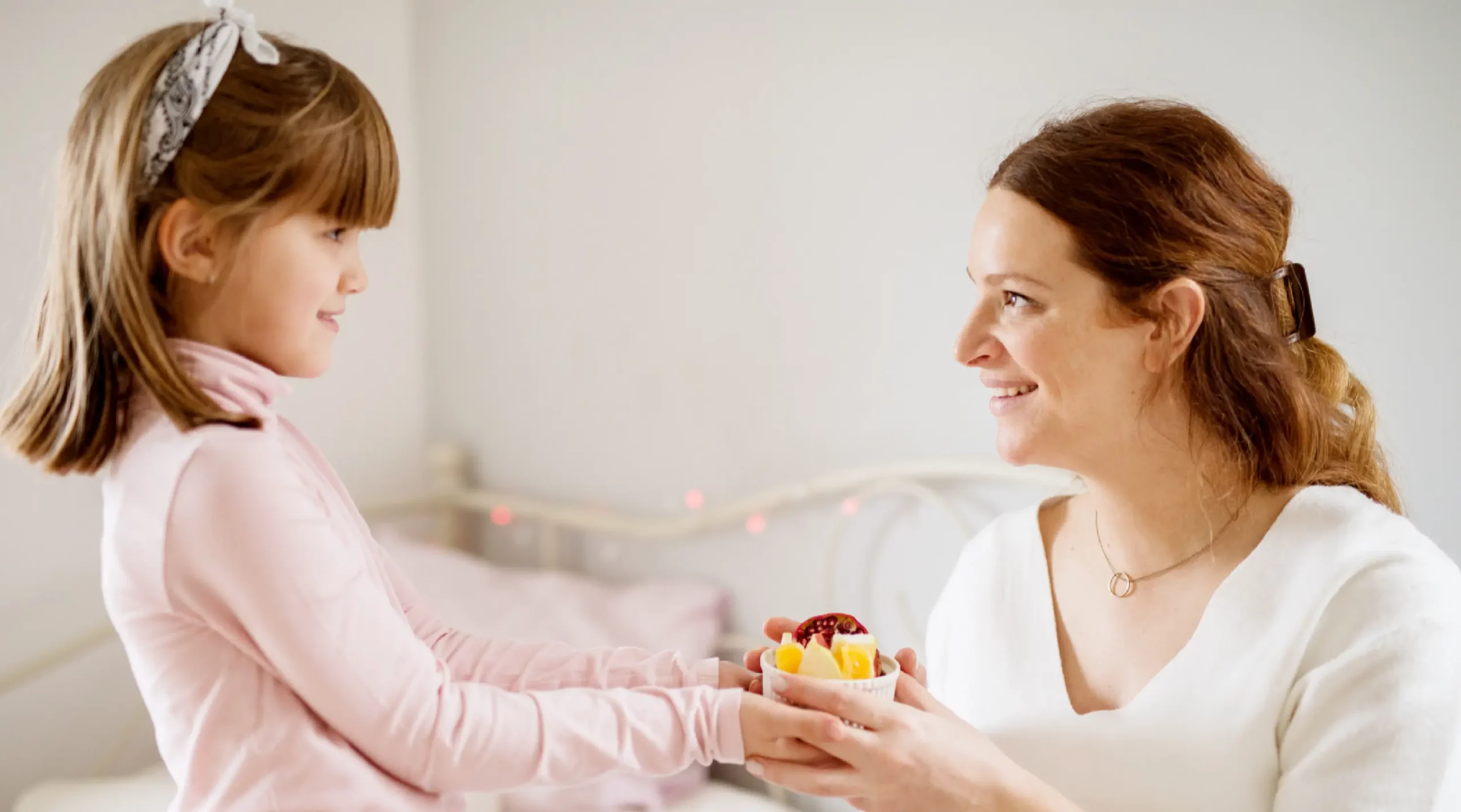Stories of Strength: Real-Life Experiences from Mothers Who Overcame Postpartum Depression
Postpartum depression (PPD) affects millions of new mothers worldwide, yet it remains one of the most under-discussed challenges of early motherhood. For many, the journey from the joy of childbirth to the darkness of persistent sadness, anxiety, and fatigue can feel overwhelming and isolating. However, amidst the struggle, there are stories of resilience, hope, and recovery that can inspire and guide other mothers facing similar challenges. In this blog, we share real-life experiences from mothers who navigated PPD, highlighting their coping strategies, recovery journeys, and the lessons they learned along the way.Understanding the Context: Why PPD Can Be Overwhelming
Before diving into personal stories, it’s essential to understand why PPD can be so challenging:- Emotional Turmoil: Hormonal fluctuations and sleep deprivation can amplify feelings of sadness, irritability, and anxiety.
- Isolation: Many new mothers feel alone, believing that their struggles are a personal failure rather than a medical condition.
- Stigma: Societal expectations often pressure mothers to appear happy and fulfilled, making it difficult to admit struggles with mental health.
- Impact on Daily Life: PPD can affect daily routines, mother-baby bonding, and relationships with partners or family members.
Story 1: Sarah’s Journey to Rediscovering Joy
Sarah, a first-time mother, experienced intense fatigue and feelings of emptiness just weeks after giving birth. She recalls, “I loved my baby, but I couldn’t shake the sadness. Every task felt monumental, and I constantly worried I wasn’t a good mother.” Coping Strategies:- Seeking Professional Help: Sarah reached out to a counselor specializing in postpartum mental health. Therapy helped her recognize that her feelings were not a personal failing but a common condition many mothers face.
- Building a Support Network: She joined an online PPD support group, connecting with other mothers who shared experiences and coping techniques.
- Self-Care Integration: Small, manageable routines like taking a 10-minute walk each day, practicing mindfulness, and scheduling brief periods of rest helped her regain stability.
Story 2: Emily’s Path Through Anxiety and Overwhelm
Emily’s PPD manifested primarily as severe anxiety. She constantly feared something would happen to her baby, leading to sleepless nights and physical tension. “I couldn’t eat or sleep properly. Every sound the baby made triggered panic,” she shares. Coping Strategies:- Structured Routine: Emily worked with her partner to establish predictable feeding and sleeping schedules, which reduced uncertainty and stress.
- Professional Guidance: A therapist introduced cognitive-behavioral techniques to manage anxious thoughts and break the cycle of worry.
- Partner Involvement: Her partner actively participated in nighttime feeds and diaper changes, providing relief and reassurance.
Story 3: Ananya’s Recovery Through Community Support
Ananya, a mother of two, experienced a delayed onset of PPD after her second child. Initially, she dismissed her feelings as exhaustion, but weeks of persistent sadness and detachment made it clear she needed help. Coping Strategies:- Joining Local Support Groups: Ananya found strength in connecting with other mothers experiencing PPD. Sharing stories and hearing recovery journeys reduced her sense of isolation.
- Educational Resources: She read books, blogs, and research articles on PPD, which helped her understand the medical basis of her emotions.
- Holistic Care: Ananya incorporated light physical activity, nutrition adjustments, and relaxation exercises into her daily routine.
Common Themes Across Stories of Strength
Analyzing these stories reveals several strategies that consistently support recovery from PPD:- Acknowledging the Problem: Acceptance is the first step. Recognizing that PPD is a medical condition—not a personal weakness—is critical.
- Seeking Professional Help: Therapy, counseling, and medical support provide structured guidance and coping mechanisms.
- Building a Support System: Partners, family members, friends, and support groups can provide emotional and practical assistance.
- Self-Care Practices: Even small, consistent routines for rest, exercise, nutrition, and mindfulness can significantly improve mental health.
- Education and Awareness: Understanding the causes, symptoms, and treatments of PPD empowers mothers to take proactive steps in their recovery.
- Sharing Experiences: Openly discussing challenges with others fosters connection and reduces feelings of shame or isolation.
Coping Techniques Highlighted by Mothers
Based on real-life experiences, the following techniques have proven effective:- Mindfulness and Meditation: Short daily sessions help regulate mood and reduce anxiety.
- Journaling: Writing down thoughts provides emotional release and self-reflection.
- Physical Activity: Light exercises, walks, or yoga improve mood and energy levels.
- Healthy Nutrition: Balanced meals and proper hydration support overall mental and physical well-being.
- Scheduled Rest: Coordinating sleep with the baby’s schedule helps prevent fatigue from worsening PPD symptoms.
- Peer Support: Group meetings, online forums, or informal chats with other mothers offer validation and shared advice.
Encouragement for Mothers Experiencing PPD
Recovery from postpartum depression is a gradual process. Each journey is unique, and what works for one mother may differ for another. The stories shared here emphasize:- You Are Not Alone: Millions of mothers experience PPD, and many have successfully navigated it.
- Help is Available: Therapists, doctors, support groups, and loved ones can guide you through recovery.
- Small Steps Matter: Progress is achieved through consistent, incremental efforts in self-care and seeking support.
- Sharing Strength: Once recovered, mothers can support others by sharing experiences, creating a ripple effect of awareness and empathy.




